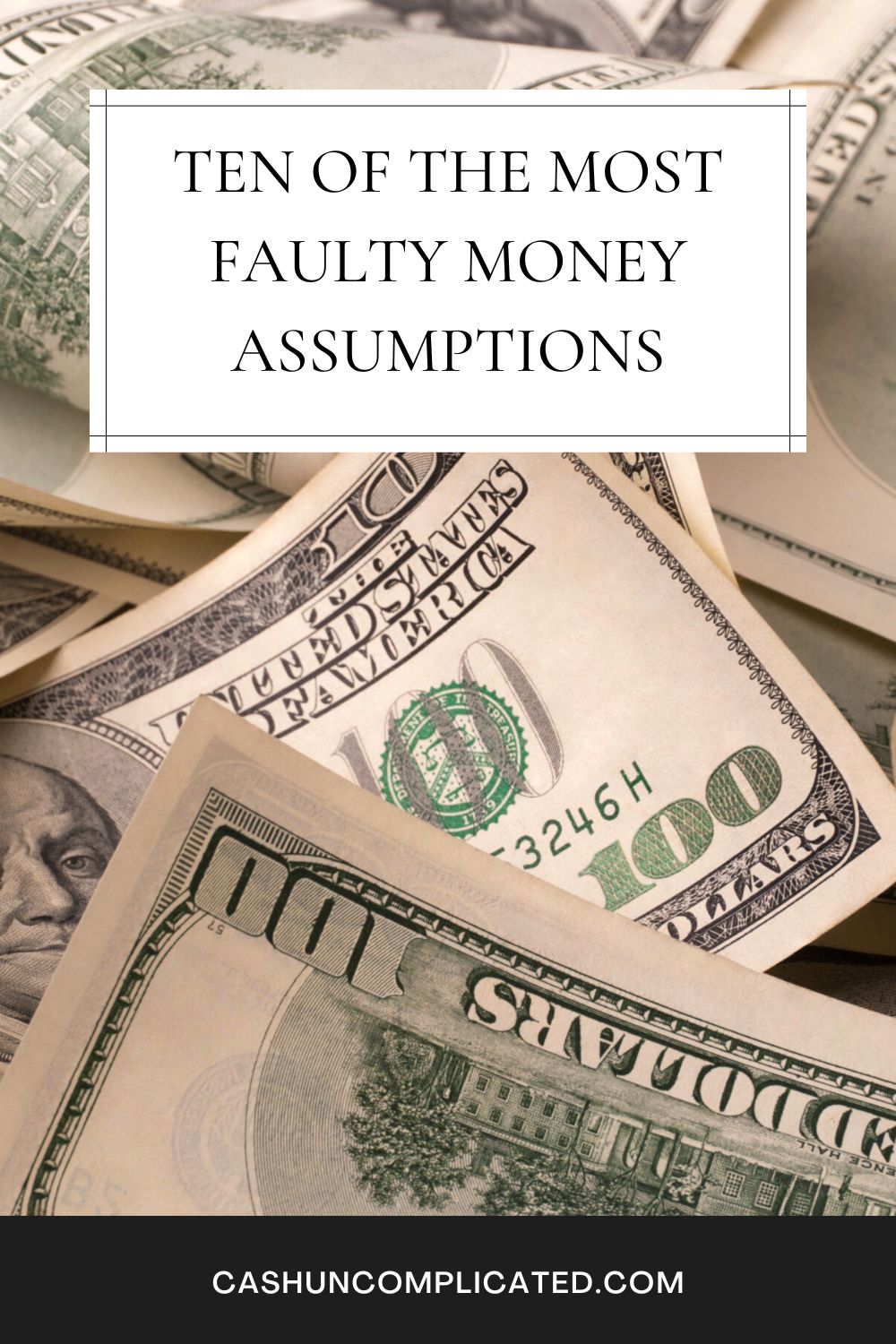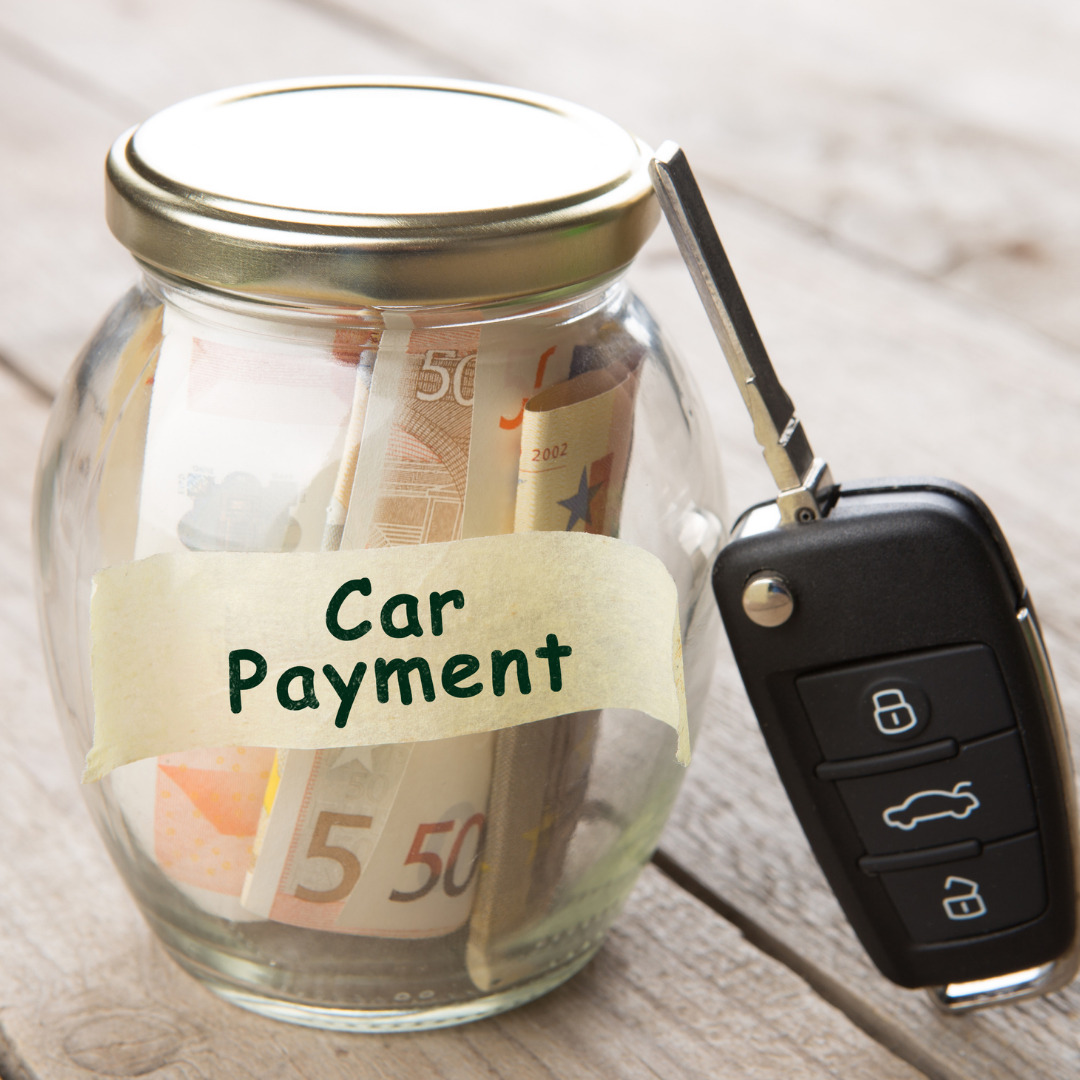For several years now, I’ve had a slogan of sorts. “Win the Month.” In this article, I’ll be applying it to personal finances, but it translates to almost any area of life.
You can “Win the Month” in health, fitness, diet, business, personal finance, relationships, education, and pretty much anything that is important to you. Winning the month means making progress towards a goal or metric—even small progress counts.
Winning the month in fitness might mean working out six days a week. Or if you’re just beginning, taking a walk around the block for a few minutes every day. Winning the month in health could mean eating healthy snacks every afternoon instead of getting a candy bar at the vending machine.
In business, winning the month might mean adding two new customers, making ten extra sales calls, or adding unexpected value to a client without them having to ask. In education, it could be reading one extra book, joining a study group, or attending a professor’s office hours twice a month.
Progress towards an important metric is a victory. There are literally thousands of ways to win, and the wins are going to look different for everyone. A beginner is going to have different metrics than an expert. Your wins eight months ago are going to look different than your wins next month.
In personal finance, just like in other areas of life, it’s important to win the month and create consistent wins. That’s probably why so many people have success with the debt snowball, even though the debt avalanche is more mathematically optimized.
The debt snowball gives much faster wins, builds confidence, and is easier to track progress. If you’re attacking a $500 debt and pay off $250 during the month, you’ve already paid off half the debt. Next month you’ll wipe out the entire debt if you make that same payment. Then you can move on to eliminating the next debt.
However, if you pay off $250 towards a $9,200 debt it doesn’t feel that great. It feels like you barely made a dent in the debt. After a few months of making small progress, it’s easy to give up and revert back to old financial habits.
We work hard. We get up early, get ourselves ready, get the kids ready, and spend the next eight hours plus working. Many people have long commutes to and from work. We devote a good part of our days working hard to make a living. During those working hours, we’re away from our families, friends, homes, and our hobbies.
This applies to people whether they love their job, like their job, tolerate their job, or hate their job. Whatever category you’re in doesn’t change the fact that there is a sacrifice in the time you spend working, and away from other people and activities you value.
That sacrifice comes with many possible wins—fulfillment, the satisfaction in working hard and doing a good job, helping others, providing for your family, working towards a professional goal, and much more. But what must also be on that list is a personal finance win.
Whether we like it or not, money is an important part of modern day society. I’m not talking about money in a greed or showboat sense. I’m talking about money that buys us food, shelter, emotional security, more life choices, and eventually the ability to no longer have to work for money.
It’s unnerving and stressful to live paycheck to paycheck and wonder whether you’ll be able to pay the bills next month. I know this because I lived like this for many years. It’s a tough way to live and it doesn’t have to be that way.
Winning the month in your personal finances gets you out of the paycheck to paycheck trap and helps you move away from the daily stress financial problems can present.
Money is the largest source of stress for Americans according to this article in MarketWatch. And this article in Business Insider cites money as the number one thing couples argue about. Gaining control of personal finances is a big deal.
Finding ways to win the month financially allows you to make progress towards financial control. Progress in of itself feels good, but it’s not the only win. Over time, the monthly victories compound into great things.
Let’s create a fictional character named Dave to better illustrate the point over a two-year time period. At the start of the two-year time period Dave is living paycheck to paycheck, owes his parents $4,000 (they bailed him out of credit card debt with a zero interest loan), has no savings, doesn’t like his job, and hasn’t been able to afford a vacation for the past 5 years.
Dave decided to change his financial picture and start winning the month financially. Here’s an outline of his victories and changes in his big picture outlook.
| Month Number | Monthly Victory or Victories | Big Picture Outlook |
| 1 | Decides to change financial picture
Tells his parents he’s going to pay them back in less than 2 years |
$4,000 in debt and no savings |
| 2 | Sets up online savings account, automatically deducts $50 from paycheck at start of month
Pays parents $200 |
$50 in savings
$3,800 in debt to parents
|
| 3 | Has garage sale—makes $350 and puts into savings
Automatically saves another $50 Pays parents $200 |
$450 in savings ($100+$350 from garage sale)
$3,600 in debt |
| 4 | Automatically saves another $50
Pays parents $200 |
$500 in savings
$3,400 in debt |
| 5 | Automatically saves another $50
Pays parents $200 |
$550 in savings
$3,200 in debt |
| 6 | Automatically saves another $50
Pays parents $200 |
$600 in savings
$3,000 in debt |
| 7 | Automatically saves another $50
Pays parents $200 Gets $500 bonus at work, pays parents extra |
$650 in savings
$2,300 in debt ($500 bonus+$200) |
| 8 | Automatically saves another $50
Pays parents $200 |
$700 in savings
$2,100 in debt |
| 9 | Automatically saves another $50
Pays parents $200 |
$750 in savings
$1,900 in debt |
| 10 | Automatically saves another $50
Pays parents $200 |
$800 in savings
$1,700 in debt |
| 11 | Automatically saves another $50
Pays parents $200 |
$850 in savings
$1,500 in debt |
| 12 (end first year) | Automatically saves another $50
Pays parents $200 |
$900 in savings
$1,300 in debt |
| 13 | Automatically saves another $50
Pays parents $200 |
$950 in savings
$1,100 in debt |
| 14 | Automatically saves another $50
Pays parents $200 |
$1,000 in savings
$900 in debt |
| 15 | Automatically saves another $50
Gets $50 per month raise at work, puts towards debt payoff Pays parents $250 |
$1,050 in savings
$650 in debt |
| 16 | Automatically saves another $50
Pays parents $250 |
$1,100 in savings
$400 in debt |
| 17 | Automatically saves another $50
Pays parents $250 |
$1,150 in savings
$150 in debt |
| 18 | Automatically saves another $50
Pays parents $250 $100 extra this month after debt paid off, puts towards savings to make total of $1,300 |
$1,300 in savings
Debt eliminated!
|
| 19 | With debt completely paid off, re-allocates $250 to savings, for a total of $300/month | $1,600 in savings |
| 20 | Automatically saves another $300 | $1,900 in savings |
| 21 | Automatically saves another $300 | $2,200 in savings |
| 22 | Automatically saves another $300 | $2,500 in savings |
| 23 | Automatically saves another $300 | $2,800 in savings |
| 24 | Automatically saves another $300 | $3,100 in savings |
At the end of two years, Dave has completely transformed his financial life just by earning small monthly wins. At the start of year one, he had literally zero in savings and was $4,000 in debt. At the end of just two years, he has $3,100 in savings and zero debt! The monthly progress didn’t seem this impactful at the time, but when compounded over two years, his financial life is completely changed. He can even afford to take a vacation without going into debt.
Life happens really fast. The years pass by in the blink of an eye. Slowing things down and focusing on winning the month allows us to consistently achieve our short term goals. The short term goals propel our finances forward over the years. After months and years of compounding, the results are unmistakable.
How has compounding positively affected your life?








